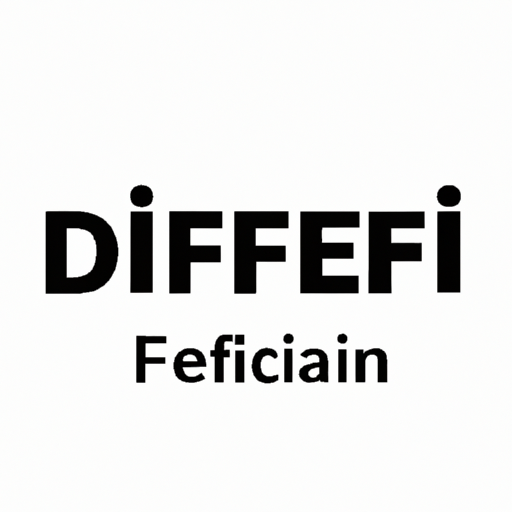Decentralized Finance, commonly referred to as DeFi, is an innovative financial ecosystem built on blockchain technology that aims to recreate traditional financial systems, such as banking and lending, with the use of decentralized networks. This blog post delves into the core concepts, benefits, and challenges of DeFi, exploring its role in the future of finance.
What is Decentralized Finance (DeFi)?
At its essence, Decentralized Finance (DeFi) refers to a movement within the cryptocurrency and blockchain space that seeks to develop decentralized financial services on public blockchains, primarily Ethereum. Unlike traditional finance, which relies on centralized institutions and intermediaries (like banks), DeFi applications utilize smart contracts on the blockchain to enable peer-to-peer transactions without the need for middlemen.
Key Components of DeFi
- Smart Contracts: These are self-executing contracts with the terms of the agreement directly written into code, allowing for automatic execution of transactions.
- Decentralized Applications (dApps): Applications that run on a decentralized network, enabling users to access DeFi services directly.
- Cryptocurrencies: Digital currencies used to facilitate transactions within the DeFi ecosystem.
- Liquidity Pools: A collection of funds locked in a smart contract to facilitate trading on decentralized exchanges.
Benefits of DeFi
The DeFi ecosystem provides numerous advantages:
- Accessibility: DeFi is open to anyone with an internet connection, effectively removing barriers to financial services.
- Transparency: All transactions are recorded on a public blockchain, providing greater transparency compared to traditional financial systems.
- Control: Users have full control over their assets without having to rely on centralized institutions.
- Interoperability: DeFi protocols can easily interact with one another, allowing for seamless integration of different financial services.
Challenges Facing DeFi
Despite its potential, Decentralized Finance does face several challenges:
- Regulatory Uncertainty: Governments are still determining how to regulate DeFi, which could impact its growth.
- Security Risks: Smart contracts are vulnerable to bugs and exploits that can lead to significant financial losses.
- User Experience: The complexity of DeFi applications can deter new users from participating.
The Future of Finance
Decentralized Finance is poised to revolutionize the financial industry by enabling innovative financial products and services that are more accessible, transparent, and efficient. As the technology matures and overcomes existing challenges, we can expect to see a shift towards a more democratized financial ecosystem.
Conclusion
In summary, DeFi represents a fundamental shift in how we perceive and interact with financial services. By decentralizing financial operations, DeFi promises to empower individuals and reshape the global economy. If you’re interested in the future of finance, now is the time to explore the world of Decentralized Finance.




